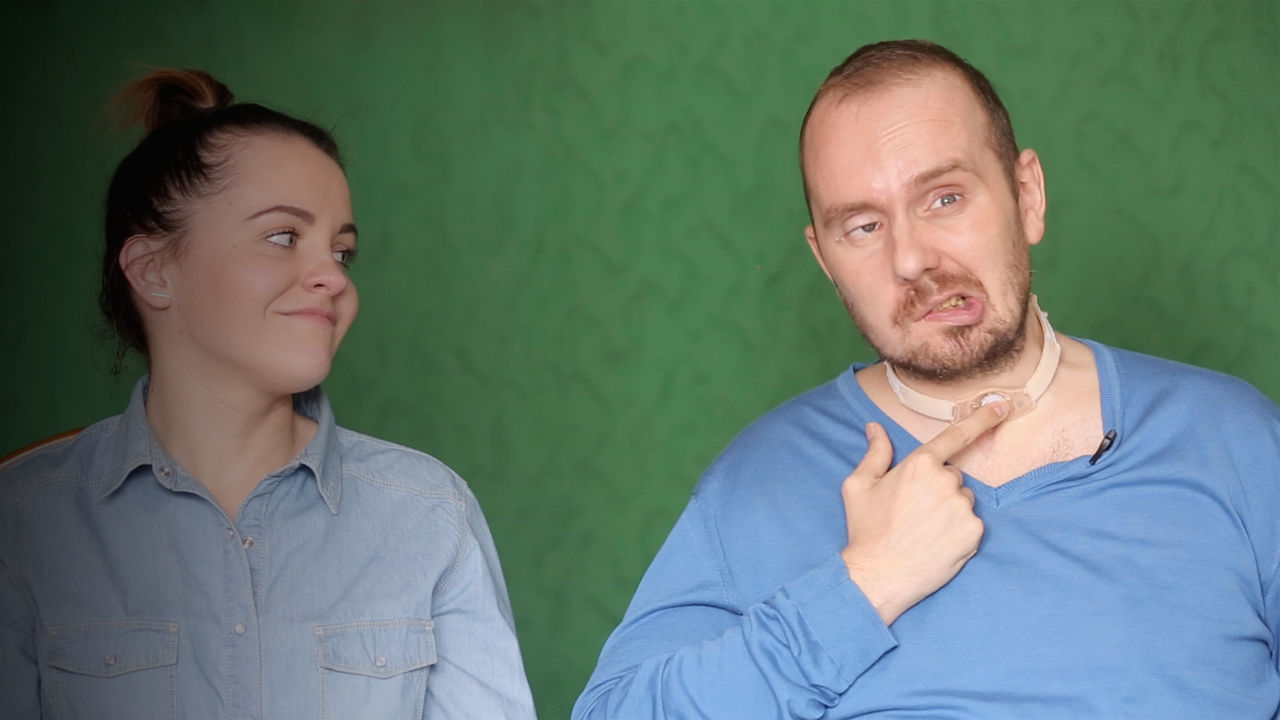Stroke-related Dysphagia: Clinical Challenges & Support Solutions
Up to 78% of people who suffer a stroke each year are affected by difficulty swallowing solid foods and liquids, known as dysphagia1. In many patients, this condition may improve over time. For others, it is a lifelong affliction.
Dysphagia can occur when a disease or it's treatment affects the muscles or nerves needed to swallow.
If not properly diagnosed and treated, dysphagia may lead to serious lung infections. Malnutrition and dehydration can also occur, which can increase the risk of complications and negatively affect the speed and degree of stroke recovery. In addition, dysphagia can bring on anxiety around mealtimes and generally make life more difficult for stroke survivors and their carers.
Click on the below video to listen to Professor Bartosz Karaszewski, Polish Neurologist, on the importance of dysphagia screening, management and education.



